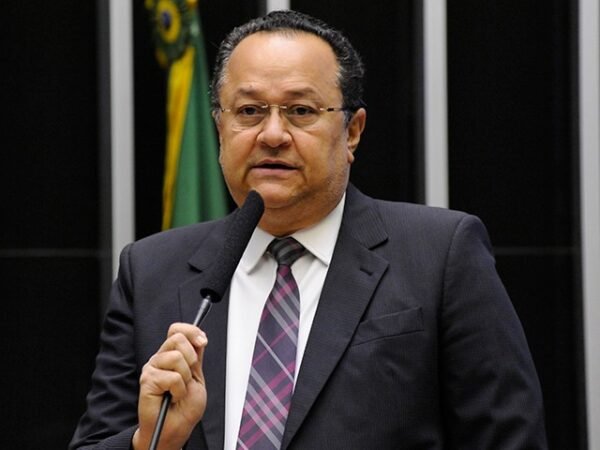Upon taking office as president of the Evangelical Parliamentary Front of the National Congress on Wednesday (20/06), federal deputy Silas Câmara (Republicanos-AM) put an end to a period of friction with the federal government. More conciliatory and open to dialogue than his predecessor, Eli Borges (PL), Câmara will remain in office until February 2025, when the bench will elect the new command.
This Content Is Only For Subscribers
To unlock this content, subscribe to INTERLIRA Reports.
Anti-abortion Bill
The exchange on the party occurs amid the repercussion of the Anti-Abortion Bill, which equates the termination of pregnancy after the 22nd week with the crime of homicide. While Borges is one of the authors of the text, Câmara says he is in favor, but that the project must be analyzed with time and consideration.
Differences Between Them
Silas Câmara and Eli Borges are from different wings of the evangelical spectrum. Borges is closer to parliamentarians from the group of former president Jair Bolsonaro (PL), such as Sóstenes Cavalcante (PL), linked to pastor Silas Malafaia.
Câmara has more moderate names as allies, in addition to maintaining a good relationship with the president of the Republicans and licensed bishop, Marcos Pereira, who supported his candidacies for leader of the front in recent years.
Half Term
Despite having defended Bolsonaro’s re-election, Câmara does not always vote against the Palácio do Planalto. He says he has no alignment or alliance with President Lula but is not in opposition to Brazil. And that the government needs the necessary approvals for the country to function. Câmara also said that it will avoid ideological agendas.
Gambling
The Senate’s evangelical party is trying to delay the legalization of gambling after the project was approved on Wednesday (20/06) in the House’s Constitution and Justice Committee (CCJ). Under resistance from churches of different denominations, the text authorizes the operation of casinos and bingos, legalizes gambling, and allows betting on horse races.
Party Loses Strength
At the CCJ, where the proposal had already been in progress for more than a year, the project’s defenders managed to overcome resistance from the evangelical bench and approve the text, after the bloc lost strength amid wear and tear with the discussion on the Anti-Abortion Bill.
Positions On the Text
The evangelical party argues, among other points, that the gambling legalization project could cause social problems amid cases of addiction and financial bankruptcy. The group also sees room to encourage money laundering.
The rapporteur, Senator Irajá (PSD), claims that these activities have existed in the country for years, but they live illegally and do not collect taxes.
Analysis:
The inauguration of federal deputy Silas Câmara (Republicans) as president of the Evangelical Parliamentary Front of the National Congress signals a potential improvement in the relationship between the federal government and evangelical politicians. Câmara’s more conciliatory and open stance to dialogue, in contrast to its predecessor Eli Borges, can facilitate the government’s relationship with evangelical deputies, something that the government has been pursuing for a long time. Câmara, known for its moderation and good relations with influential figures, brings an approach that can reduce political polarization and open space for more productive negotiations.
The evangelical party is traditionally allied with former president Jair Bolsonaro, so this moderation can significantly contribute to a less polarized political environment and more prone to agreements that benefit governance and the implementation of public policies. In this way, Silas Câmara’s leadership can result in more effective collaboration between the evangelical party and the Lula government, facilitating the approval of projects.




